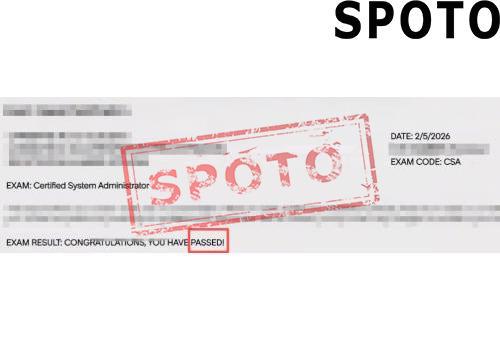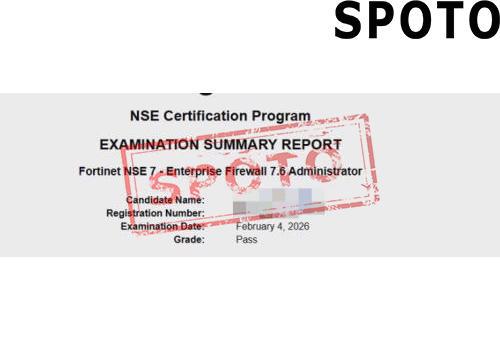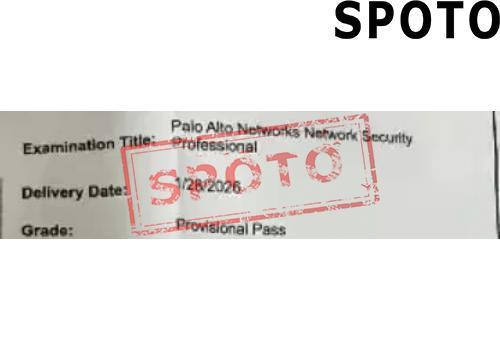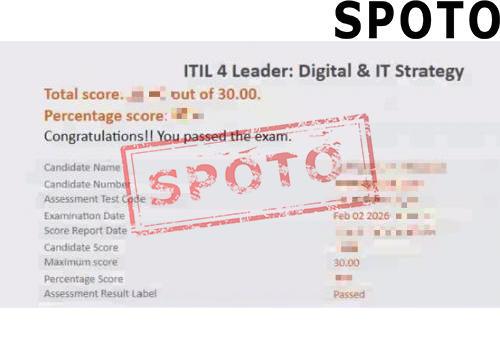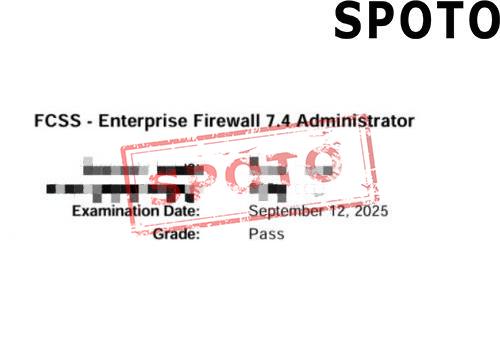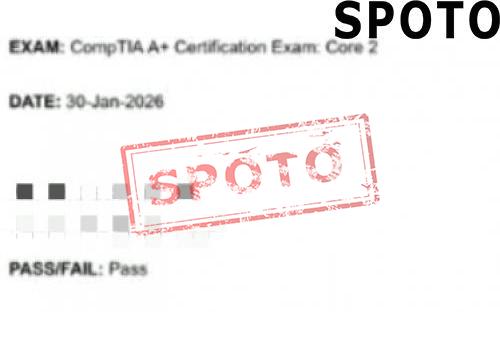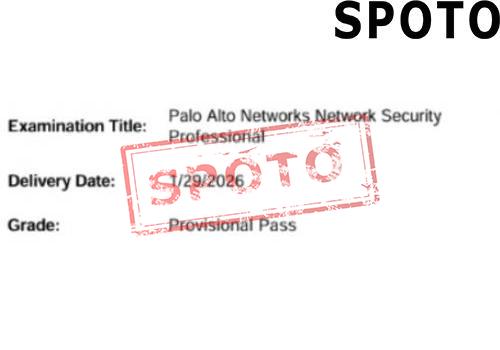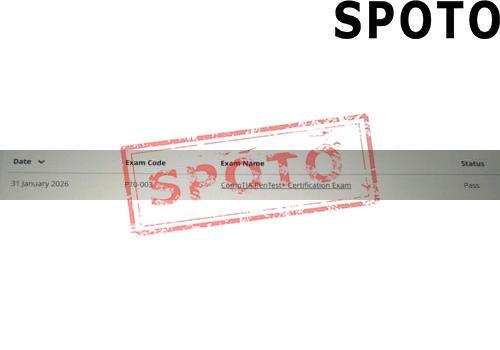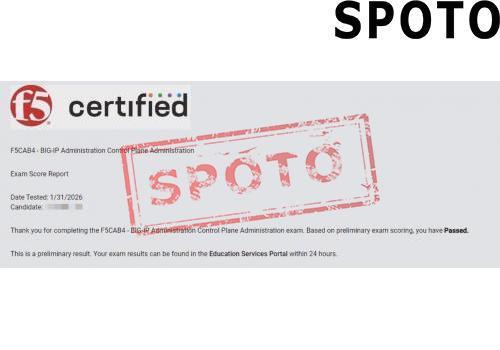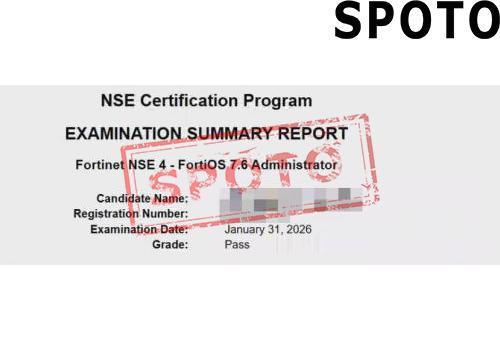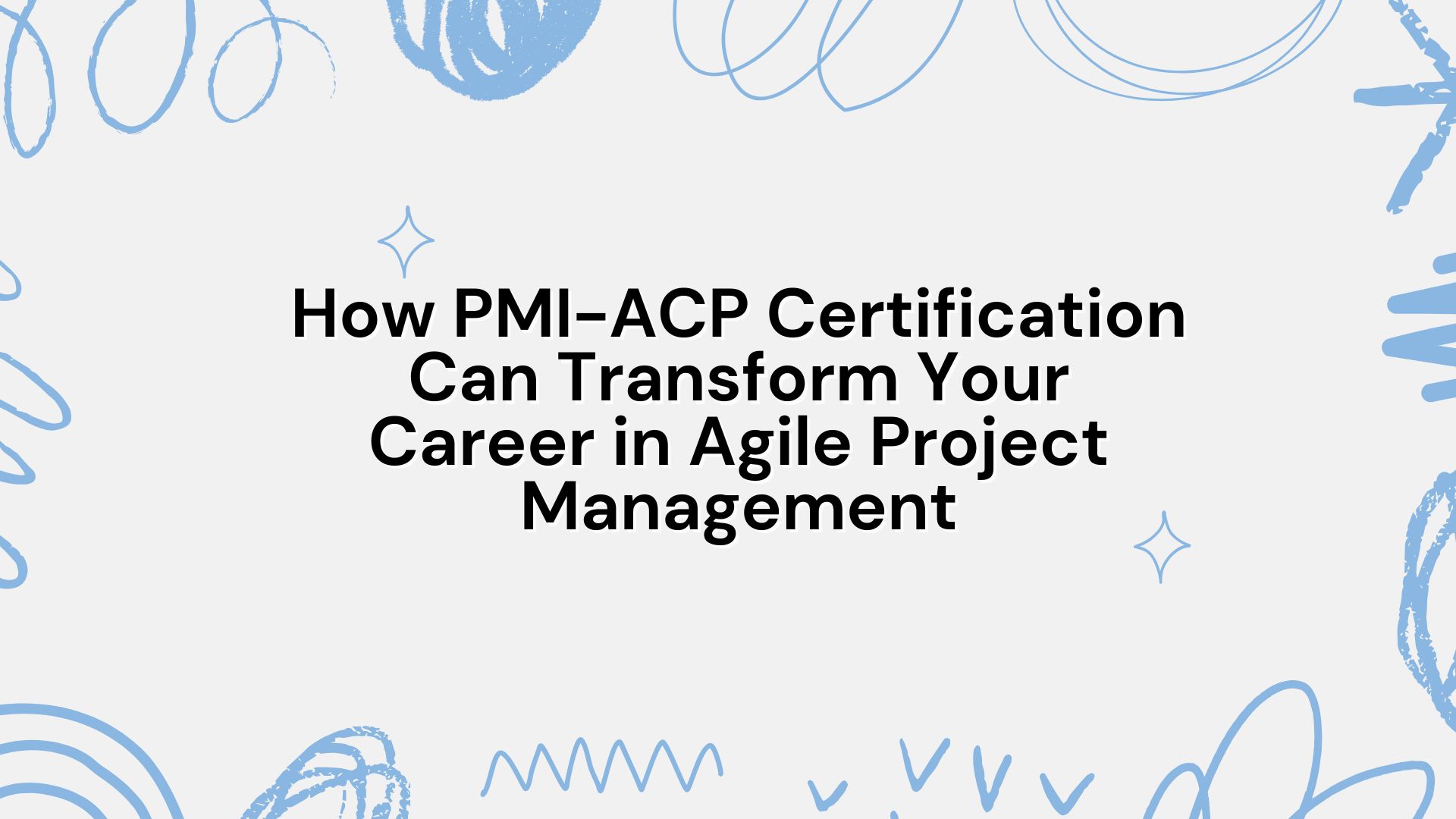
Table of Contents
The Agile Certified Practitioner (PMI-ACP) certification demonstrates your mastery of agile principles and sophisticated application of agile techniques. It will enhance your professional profile, showcasing your expertise in cutting-edge project management. Earning the PMI-ACP certification will help you stand out in the job market. Demand for agile expertise is growing as industries recognize the value of flexible project management methodologies in effectively managing complex project environments.
In today's fast-paced business environment, Agile project management has become the benchmark. The Project Management Institute Agile Certified Practitioner (PMI-ACP) certification recognizes professionals' skills in Agile methodologies, demonstrating competence and a commitment to continuous learning.
1. The Value of PMI-ACP Certification
For businesses, this allows them to adapt to changing business needs, empowering them to exert greater influence over the addition, change, or elimination of requirements. Providing continuous customer feedback improves communication between the business and customers, guiding the direction of projects throughout the development process, achieving predictable returns on investment earlier, and increasing visibility and impact on project progress.
Incremental delivery replaces a one-time delivery model at the end of a project, reducing product and process waste. For individuals, earning a certificate validates a practitioner's knowledge and skills in agile principles, practices, tools, and techniques. This certificate covers multiple agile methodologies, rather than simply limiting practitioners to a single agile strategy, helping to enhance professional project management capabilities. Earning a certificate is more valuable than entry-level certifications based solely on exams or training.
2. Salary that can be obtained with PMI-ACP certification
According to a study by payscale.com, individuals holding the PMI-Agile Certified Practitioner (PMI-ACP)® certification earn an average PMI-ACP® salary of $108,000. PMI-ACP® salaries vary widely, depending on the specific role held by the certified Agile practitioner. Here are the average salaries by position:
- Information Technology (IT) Director - $147,395
- Senior Project Manager, Software Applications - $146,092
- Senior Project Manager (IT) - $137,337
- Software Engineering Manager - $132,145
- Technical Project Manager (TPM) - $125,126
- Senior Product Manager - $124,800
- Project Manager (IT) - $122,964
Case Study1 : Leveraging PMI Certification to Land Your Dream Job and Salary Increase.
A 36-year-old online user, going by the handle Wrong-Fish, shared his certification experience: "I'm so glad I earned my PMI certification. While it didn't result in a raise at my current employer, I was offered a competitive salary and a "Senior Project Manager" position, so getting the PMP certification was a smart move to demonstrate my project management experience." I worked in civil engineering and later changed jobs, and the PMI really helped me stand out—most job advertisements I saw listed the PMI as a benefit, not a requirement. In summary, since the PMI is a widely recognized certification across multiple industries (IT, engineering, construction, etc.), I encourage anyone who might benefit from it to pursue it. If you decide to change jobs, the PMP certification could be a valuable asset, helping you stand out and secure a higher salary.
3.The Difference Between ACP and PMP
The PMP is a project management (forecasting) methodology, emphasizing a plan-driven approach. It teaches us the workflow and mindset for accomplishing one task at a time in a complex and ever-changing environment. It adheres to pre-planned plans and processes, ensuring clear requirements and minimizing change. If you want to improve your execution and planning skills, the PMP is your best choice, regardless of your role.
The ACP is an agile project management (agile method) methodology, emphasizing a value-driven approach. It teaches us how to deliver valuable, high-quality products despite changing or uncertain requirements and short release cycles, focusing on value and results. If you want to deliver projects or products in an innovative, exploratory, and dynamic environment, the ACP is your best choice, regardless of your role.
4. Challenges of the PMI-ACP Application
While the PMI-ACP (Agile Certified Practitioner) application process is standardized, several key challenges remain for aspiring candidates:
Understanding the eligibility requirements: PMI-ACP standards cover educational background, general project management experience, and specific Agile project experience. First-time applicants may struggle to accurately understand and demonstrate how they meet these requirements.
Preparing documents: Applicants must provide detailed documentation demonstrating their project management and Agile experience, including project descriptions, roles, and work hours. Ensuring this documentation is complete and meets PMI's review criteria can be time-consuming.
Verifying education and training: The 21-hour Agile management learning requirement requires completion of relevant courses from a PMI-authorized provider, adding another step to the applicant's preparation process.
Navigating the review process: Submitted materials are reviewed on the PMI website, and there is a 10% chance that an additional audit will be conducted, requiring the applicant to provide further detailed documentation.
Managing exam fee payment: Applicants must pay the exam fee within the specified timeframe and be familiar with the accepted payment methods and procedures. By understanding these potential challenges and taking proactive steps to address them, aspiring PMI-ACP professionals can confidently complete the application process and increase their chances of successfully achieving certification.
Case Study2 : How Emily Passed the PMI-CAPM Exam and Launched a Side Business
Emily, a 32-year-old marketing professional, had always been interested in project management but lacked formal training. She wanted to enhance her skills and qualifications to not only advance her primary career but also explore side hustles to earn extra income. After researching various certifications, Emily decided to pursue the PMI Certified Associate in Project Management (CAPM) because it perfectly aligned with her goal of building a solid foundation in project management principles.
Exam Preparation: Emily developed a rigorous study plan, dedicating two hours each day after get off work. She used the official PMBOK Guide as her primary study resource, supplemented by online video courses and practice exams. She also joined a CAPM study group on a professional networking platform, where she exchanged experiences with fellow students and explored challenging concepts. To ensure smooth exam preparation, Emily took several timed, full-length practice exams, which helped her improve her time management skills and identify weaknesses. After three months of dedicated preparation, Emily took the CAPM exam and passed it on her first try. This certification not only boosted her confidence but also provided her with a formal qualification recognized by employers worldwide.
Equipped with her new certification and project management knowledge, Emily began offering freelance project coordination and support services on platforms like Upwork and Fiverr. Her initial projects included helping startups with project planning, risk assessment, and timeline management. With her high-quality work and positive reviews, Emily's freelance business steadily grew, providing a valuable supplemental income stream alongside her full-time job.
Key Takeaways: Continuous, focused learning and utilizing a variety of resources are crucial. For example, joining a study group and taking practice exams can boost confidence and improve exam scores. The CAPM certification not only validated her knowledge but also opened doors to practical side hustles and career advancement.
5. SPOTO's PMI-ACP Application Support
Facing the challenges of the PMI-ACP (Agile Certified Practitioner) application process, SPOTO offers professional services designed to help candidates navigate every step effortlessly and accurately. Our comprehensive support includes: Prequalification Assessment:
Our dedicated consultants will work with you one-on-one to ensure you meet all PMI-ACP eligibility requirements and provide a personalized application strategy.
Document Preparation and Review: SPOTO will assist you in preparing and reviewing all necessary application materials, including proof of project experience and Agile management training, to ensure completeness and compliance. Registration Process Management: Our team will handle the entire registration process on your behalf, including online submission, document upload, and fee payment, eliminating complexities.
Document Review Guidance: If PMI conducts an additional document review, SPOTO will provide professional guidance and support to help you prepare the required supplemental documents. Comprehensive Exam Preparation: In addition to application services, we offer exam preparation resources such as practice exams and review materials to improve your chances of passing the PMI-ACP exam.
Certification Maintenance Consulting: Even after you earn your certification, our consultants will continue to provide you with advice and help you accumulate the required Professional Development Units (PDUs) to maintain your PMI-ACP credential. Dedicated Customer Support: SPOTO's 24/7 customer service ensures your questions are promptly addressed throughout the application and certification process. With SPOTO's PMI-ACP certification services, you can focus on exam preparation while our dedicated team handles the complex application process. Let us guide you on your path to becoming a successful Agile Project Management expert.
